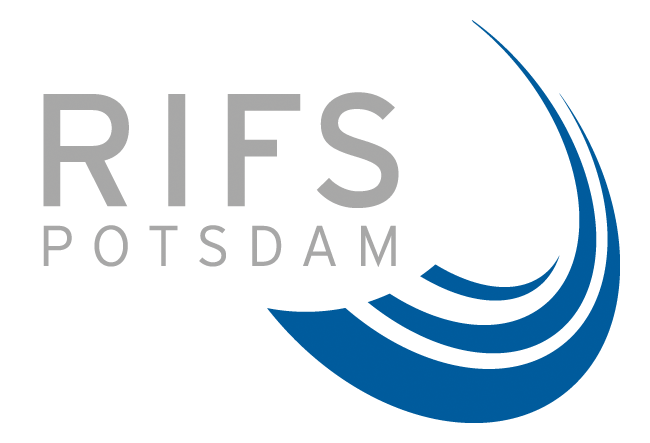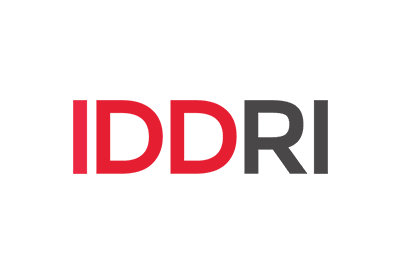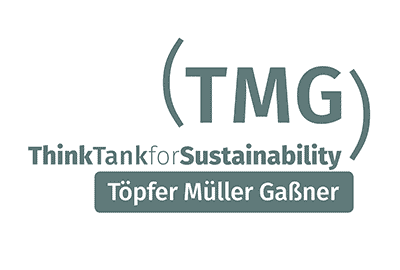Date/Time
13/03/2019 - 15/03/2019 - All Day
Venue
Guayaquil, Ecuador
The Secretariat of the Comisión Permanente del Pacífico Sur (CPPS), the ABNJ Deep Seas project and the STRONG High Seas (‘Strengthening Regional Ocean Governance for the High Seas’) project are organising the Joint Workshop – Science for solutions: bringing stakeholders together to improve ocean planning and governance of ABNJ in the Southeast Pacific- which will take place 13-15 March 2019 in Guayaquil, Ecuador.
This workshop is part of a series of workshops organised under the ABNJ Deep Seas and STRONG High Seas projects in the Southeast Pacific region, which brings together stakeholders within the region to discuss the current status and challenges for global and regional ocean governance, foster exchange and build new networks. This workshop will be the closing workshop of the ABNJ Deep Seas project and the second dialogue workshop of the STRONG High Seas project.
Marine areas beyond national jurisdiction (ABNJ) cover about half of the planet’s surface, have high biodiversity and deliver important ecosystem services. While there is a growing economic and political interest in exploitation of marine resources in areas beyond national jurisdiction, there is no comprehensive legal regime for the conservation and sustainable use of marine biodiversity in these areas to date. In this regard, the international community agreed in 2015 to develop a global, legally binding agreement on the conservation and sustainable use of marine biodiversity in areas beyond national jurisdiction under the UN Law of the Sea Convention (UNCLOS). Pursuant to UN General Assembly Resolution 72/249 of December 2017, the negotiations of this instrument started in April 2018.
This workshop will be interactive aimed at presenting the outputs and outcomes of the two projects and discussing future work, particularly:
- Present and characterise the state of play for ocean governance in the Southeast Pacific, from both a regional and State perspective, especially with regard to the conservation and sustainable use of marine biodiversity, with a focus on areas beyond national jurisdiction and ongoing UN negotiations.
- Present, discuss and review the scientific work done under the STRONG High Seas project, particularly on the legal and institutional framework and ecological status of the Southeast Pacific;
- Present, discuss and review the scientific work done under the Common Oceans ABNJ project, particularly the methodology for cross-sectoral area-based management planning for ABNJ;
- Identify opportunities for the development of long-term strategies and approaches for stakeholder engagement and capacity development in the Southeast Pacific region;
- Exchange and discuss initiatives in other marine regions relevant to the conservation and sustainable use of marine biodiversity in ABNJ; and
- Discuss issues relevant to the BBNJ negotiations, including the access and benefit sharing of marine genetic resources and the use of environmental impact assessments.



